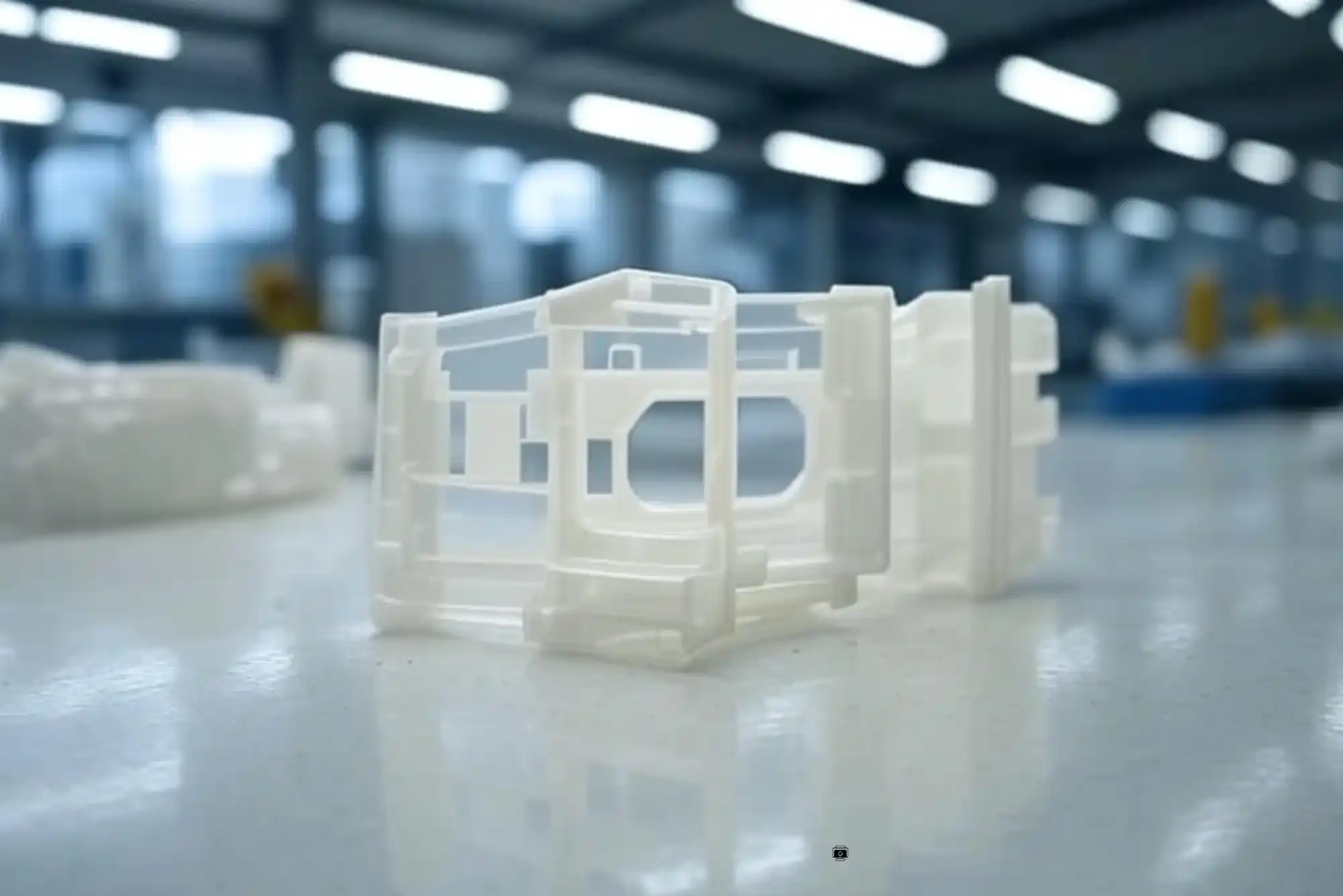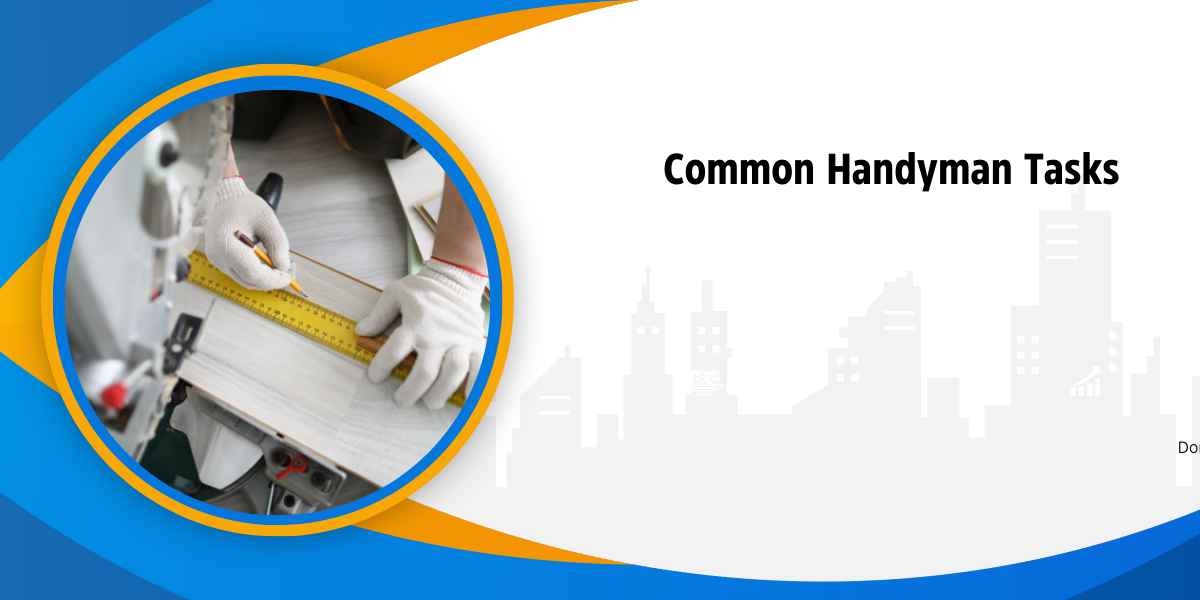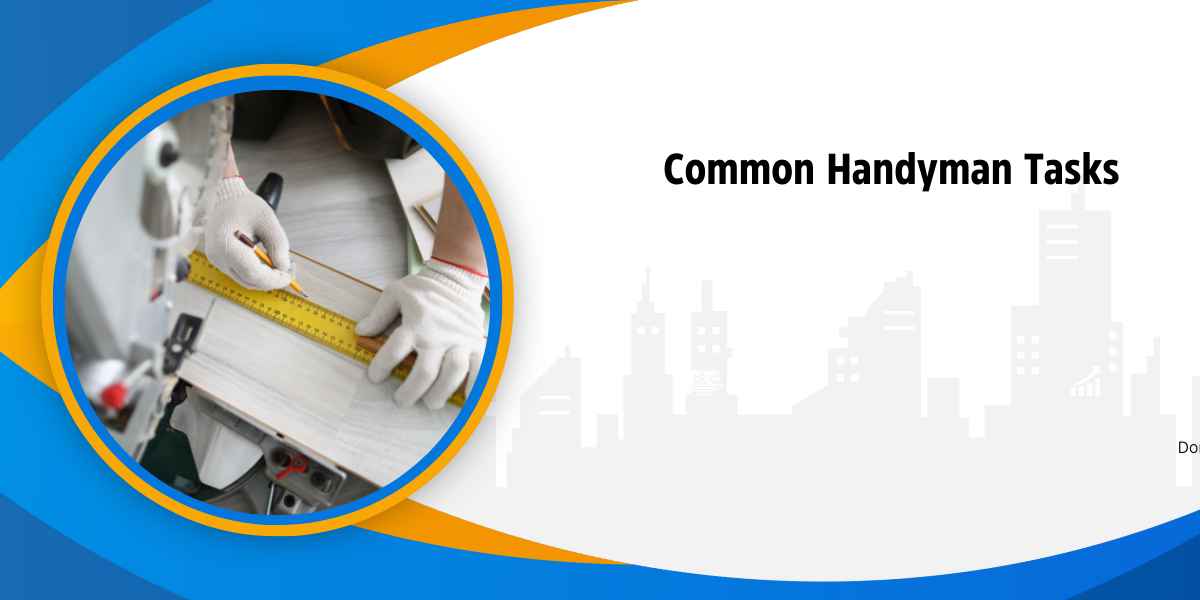When choosing a partner in the plastics industry, certifications are one of the most important aspects to check. Whether you are sourcing components from plastic parts manufacturers or evaluating injection molding parts suppliers, certifications tell you a great deal about their reliability, quality assurance, and ability to meet international standards. Having worked in industries that rely heavily on precision plastic parts, I can say with confidence that certifications are more than just paperwork—they’re a sign of trust, consistency, and long-term performance.
In this article, we’ll explore the essential certifications that manufacturers should hold, why they matter, and how they impact both buyers and suppliers in the plastics supply chain.
Why Certifications Matter in Plastic Manufacturing
Plastic parts are used in everything from automotive components and consumer electronics to medical devices and aerospace equipment. A single defect in a molded part could cause safety risks, product recalls, or costly production delays. This is why certifications matter so much.
They serve as a benchmark that ensures the manufacturer follows globally recognized processes, complies with safety regulations, and produces parts that meet consistent quality standards. Certifications also reduce risk for buyers by providing a documented guarantee that the supplier’s systems and practices have been independently audited.
For companies working with injection molding parts suppliers, certifications offer peace of mind that the production environment, materials, and testing protocols are aligned with strict industry expectations. Without them, you’re relying on guesswork.
ISO 9001: The Foundation of Quality Management
The most fundamental certification that every reputable plastic parts manufacturer should hold is ISO 9001. This is a global standard for quality management systems, covering how businesses manage processes, measure performance, and ensure customer satisfaction.
An ISO 9001-certified manufacturer has documented procedures for everything from order intake to final inspection. For buyers, this means that you can expect consistent quality, reliable delivery, and clear communication throughout the production cycle. If a supplier doesn’t have ISO 9001, it’s usually a red flag that their internal systems aren’t properly structured for scale or international trade.
ISO 13485: Essential for Medical Applications
When plastic parts are used in healthcare devices, a higher level of quality control is required. This is where ISO 13485 comes into play. It is specifically designed for medical device manufacturers and their suppliers.
If you are sourcing from plastic parts manufacturers that provide housings for diagnostic equipment, surgical tools, or patient monitoring devices, ISO 13485 certification ensures the supplier has robust traceability, cleanliness, and documentation protocols. For injection molding parts suppliers in the medical sector, this certification isn’t optional—it’s mandatory.
IATF 16949: For Automotive Plastic Components
The automotive industry has its own rigorous standards, and the most critical one is IATF 16949. This certification integrates ISO 9001 principles but adds specific requirements for defect prevention, continuous improvement, and supply chain efficiency.
Plastic components like dashboard elements, under-the-hood housings, and connectors all need to meet exact performance standards to withstand temperature variations and stress. Automotive manufacturers won’t even consider injection molding parts suppliers that don’t meet IATF 16949 because the stakes are so high when it comes to safety and liability.
AS9100: For Aerospace Applications
In aerospace, precision is everything. The AS9100 certification is the gold standard for suppliers working in this sector. It builds upon ISO 9001 but includes additional requirements for risk management, product safety, and counterfeit part prevention.
Plastic parts in aerospace could include cabin interior components, lightweight housings, and even certain fuel system elements. Manufacturers with AS9100 certification prove that they can meet the extreme requirements of this highly regulated industry.
Environmental Certifications: ISO 14001 and Beyond
Sustainability is becoming just as important as quality in manufacturing. ISO 14001, the environmental management certification, demonstrates that a manufacturer is committed to reducing environmental impact.
This can involve managing waste more effectively, optimizing energy usage, and responsibly sourcing materials. Many large corporations prefer to work only with injection molding parts suppliers that can show environmental responsibility through certifications like ISO 14001.
In addition, compliance with regulations like RoHS (Restriction of Hazardous Substances) and REACH (Registration, Evaluation, Authorization, and Restriction of Chemicals) is vital, especially for parts used in electronics and consumer goods.
FDA and GMP Compliance for Food-Grade Plastics
When it comes to plastic parts that will come into direct contact with food, such as packaging, utensils, or processing equipment components, FDA compliance in the United States or Good Manufacturing Practice (GMP) certification globally is essential.
Plastic parts manufacturers serving the food and beverage industry must use safe materials and adhere to processes that prevent contamination. Injection molding suppliers without these certifications run the risk of legal liabilities and customer distrust.
UL Certification: Ensuring Safety Standards
For plastic parts used in electrical and electronic devices, UL (Underwriters Laboratories) certification is a key requirement. This ensures that the parts meet safety standards for flammability, electrical insulation, and durability.
If you’re working with injection molding parts suppliers that provide components for consumer electronics, UL certification is a sign that their products have undergone rigorous safety testing and meet international compliance benchmarks.
Industry-Specific Certifications and Customer Audits
While the certifications above cover the majority of industries, it’s worth noting that some companies or regions may have their own specific requirements. For example, certain aerospace clients may require Nadcap accreditation, while European buyers might demand CE marking for particular products.
Beyond certifications, many manufacturers undergo customer-led audits. These are in-depth checks where major clients visit the production facility, review quality systems, and validate compliance. A supplier that welcomes audits usually signals confidence in their processes.
How Certifications Benefit Buyers and Suppliers
From the buyer’s perspective, certifications minimize risk, reduce the need for constant oversight, and streamline supplier approval processes. They also play a role in international trade, making it easier to import and export components across regions.
For plastic parts manufacturers and injection molding parts suppliers, certifications are more than just a competitive advantage—they’re often the deciding factor in winning large contracts. Certified suppliers can access broader markets, build stronger client relationships, and maintain a reputation for reliability.
In my own experience, projects that involved certified suppliers almost always ran smoother, with fewer delays and less back-and-forth communication. The difference in professionalism and consistency was night and day.
Choosing the Right Certified Supplier
When evaluating a supplier, it’s important to ask not only whether they hold certifications but also whether those certifications are current and relevant to your industry. A good supplier will be transparent, providing documentation upfront and explaining how their processes align with certification standards.
It’s also wise to look at the scope of certification. For example, ISO 9001 may cover only certain areas of the business. Make sure that the certificate matches the services and parts you’re actually sourcing.
Final Thoughts
Certifications are not just formalities in the world of plastics—they are the backbone of trust between manufacturers, suppliers, and buyers. From plastic parts manufacturers that serve consumer goods companies to injection molding parts suppliers working in critical industries like aerospace or medical devices, certifications ensure that products are safe, reliable, and globally compliant.
When selecting a supplier, always prioritize certifications. They might seem like paperwork, but in reality, they’re the strongest guarantee you’ll get for consistent quality, regulatory compliance, and long-term success in your projects.









